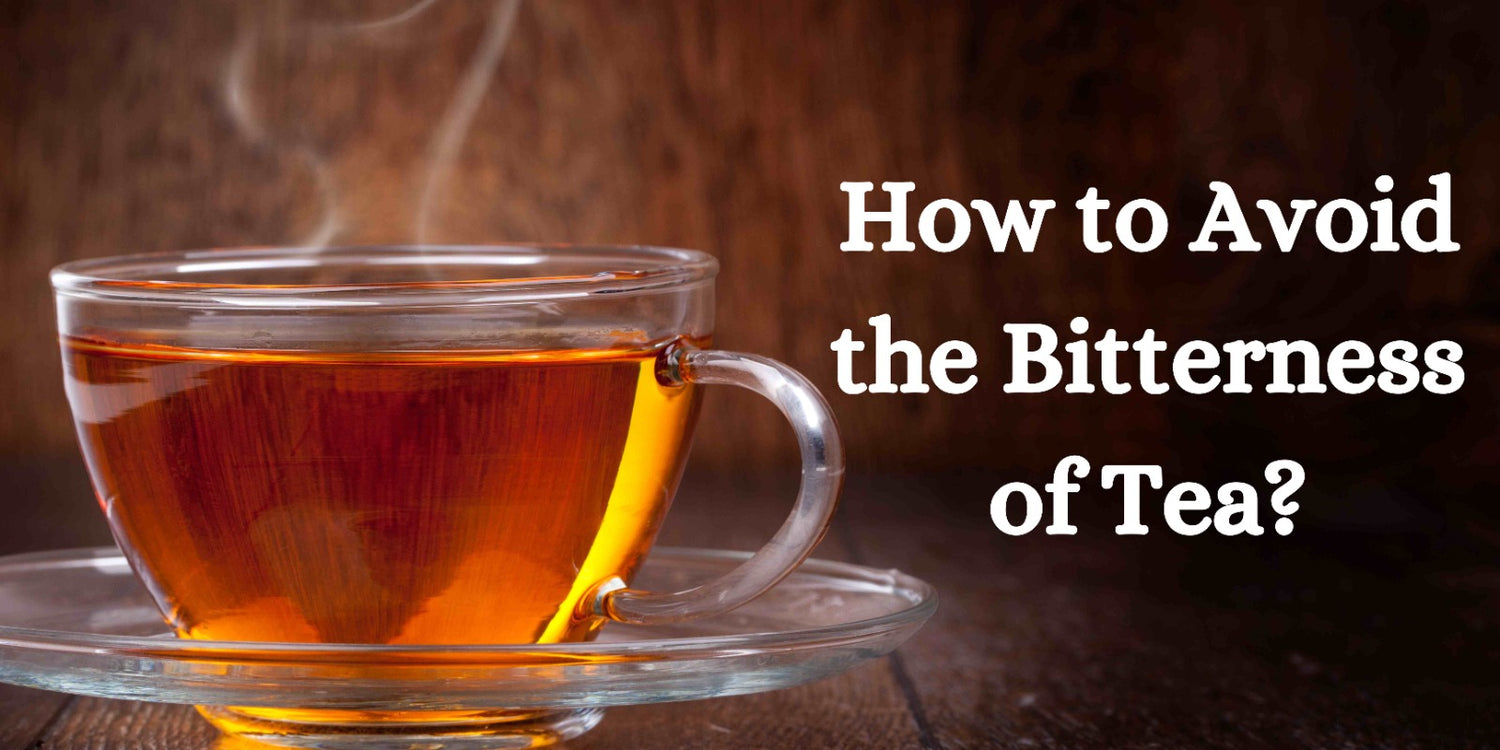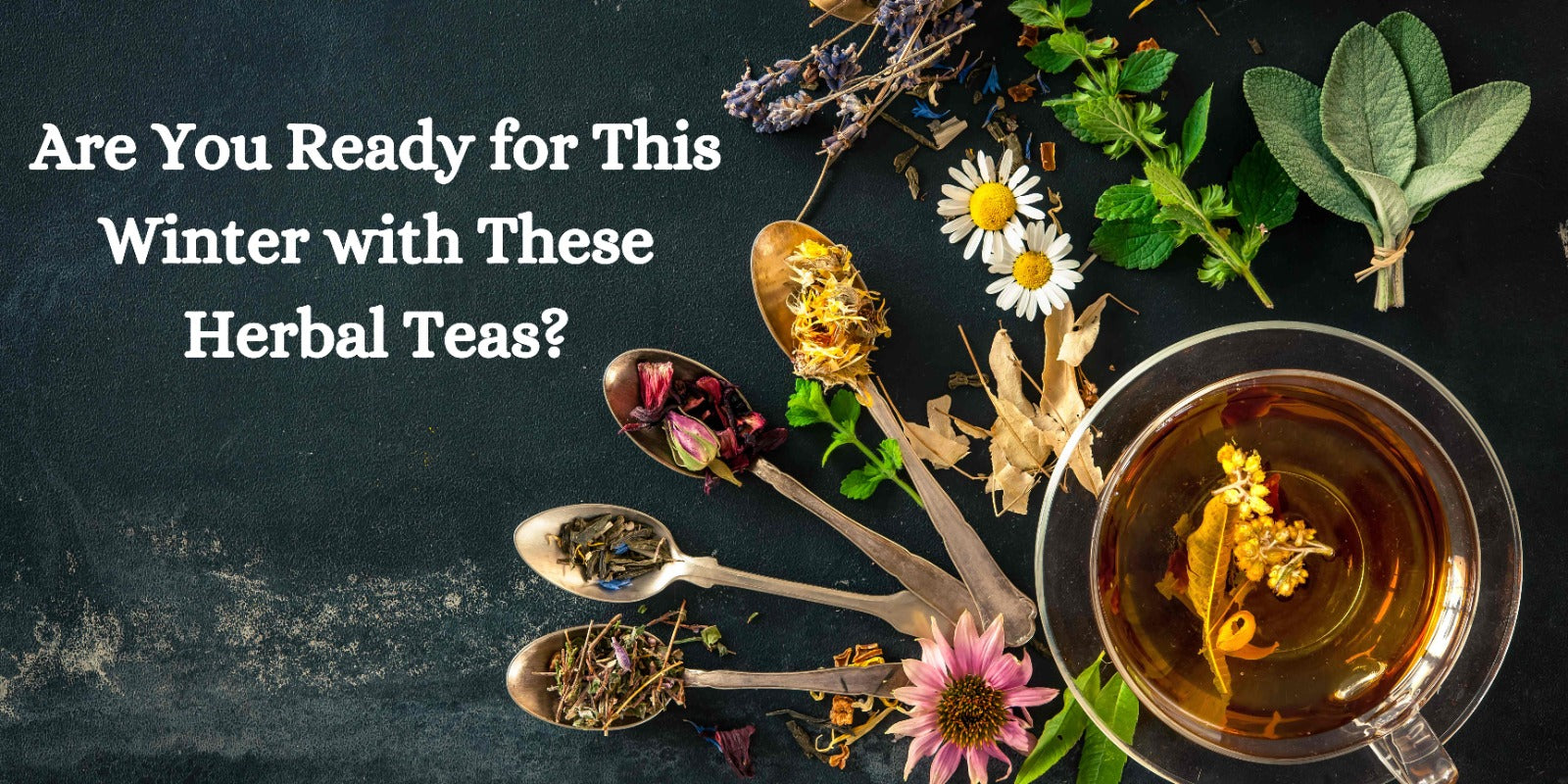A well-brewed cup of tea is a source of comfort and joy. However, one common mistake can ruin the experience: bitterness. While tea naturally has tannins, which give it a slight astringency, excessive bitterness usually results from improper brewing techniques. If you’ve ever been disappointed by a bitter cup, don’t worry! Here are simple tips to avoid bitterness and enjoy a perfectly balanced cup of tea every time.
Choose the Right Tea
The type of tea you choose plays a significant role in its flavor profile. Some teas, like green and black tea, are more prone to bitterness if not handled properly. Herbal teas, white teas, and oolongs tend to have gentler flavors and are less likely to become overly bitter.
Tip:
Start with high-quality, fresh loose-leaf tea. Pre-packaged tea bags often contain lower-grade tea dust or fannings, which can release more tannins and taste bitter.
Mind the Water Temperature
Water temperature is crucial when brewing tea. Different types of tea require different temperatures to extract the right balance of flavor. Using boiling water for delicate teas like green or white tea can scorch the leaves and lead to bitterness.
Recommended Temperatures:
- Green tea: 70–80°C (160–175°F)
- White tea: 80–85°C (175–185°F)
- Oolong tea: 85–90°C (185–195°F)
- Black tea: 90–100°C (195–212°F)
- Herbal tea: Boiling water
Tip:
If you don’t have a thermometer, let boiling water cool for 1–2 minutes before pouring it over the tea leaves.
Watch the Steeping Time
Over-steeping is one of the most common causes of bitter tea. Allowing the leaves to sit in water for too long extracts excess tannins, leading to a harsh flavor.
General Steeping Times:
- Green tea: 2–3 minutes
- White tea: 3–5 minutes
- Oolong tea: 3–5 minutes
- Black tea: 3–5 minutes
- Herbal tea: 5–7 minutes
Tip:
Set a timer to avoid accidentally leaving the tea to steep for too long.
Adjust the Tea-to-Water Ratio
Using too many tea leaves for the amount of water can lead to an overpowering and bitter brew.
Standard Ratio:
- Use 1 teaspoon (about 2 grams) of loose-leaf tea for every 8 ounces (240 ml) of water.
Tip:
If you prefer a stronger flavor, don’t increase the steeping time. Instead, use slightly more tea leaves and the correct steeping duration.
Rinse Your Tea Leaves
Some teas, especially green and oolong, benefit from a quick rinse before brewing. Give the tea leaves a quick rinse with hot water for 5-10 seconds to prepare them for brewing. This helps remove surface bitterness and prepares the leaves for a smoother brew.
Add Sweeteners or Flavorings
If your tea still tastes a bit too bitter for your liking, consider adding natural sweeteners or complementary flavors to balance it.
Options to Try:
- Honey, sugar, or stevia
- A slice of lemon or orange
- A dash of milk or cream (great for black teas)
- Spices like cinnamon or cardamom
Tip:
Use these additions sparingly so they enhance, rather than mask, the tea’s natural flavor.
Store Your Tea Properly
Stale tea leaves can develop a bitter taste. Keep your tea fresh and flavorful by storing it in an airtight container away from light, heat, and moisture.
Experiment and Customize
Every tea drinker’s preferences are unique. It might take a bit of trial and error to find the perfect brewing method that works for you. Start with the guidelines mentioned above and adjust based on your taste.
Conclusion
Avoiding bitterness in tea is all about paying attention to the brewing process. By selecting high-quality tea, using the right water temperature, monitoring steeping time, and experimenting with flavor adjustments, you can ensure every cup is smooth and enjoyable.
Tea is a versatile drink meant to be savored. With these tips, you can elevate your tea experience and say goodbye to bitter brews forever. Happy sipping!




